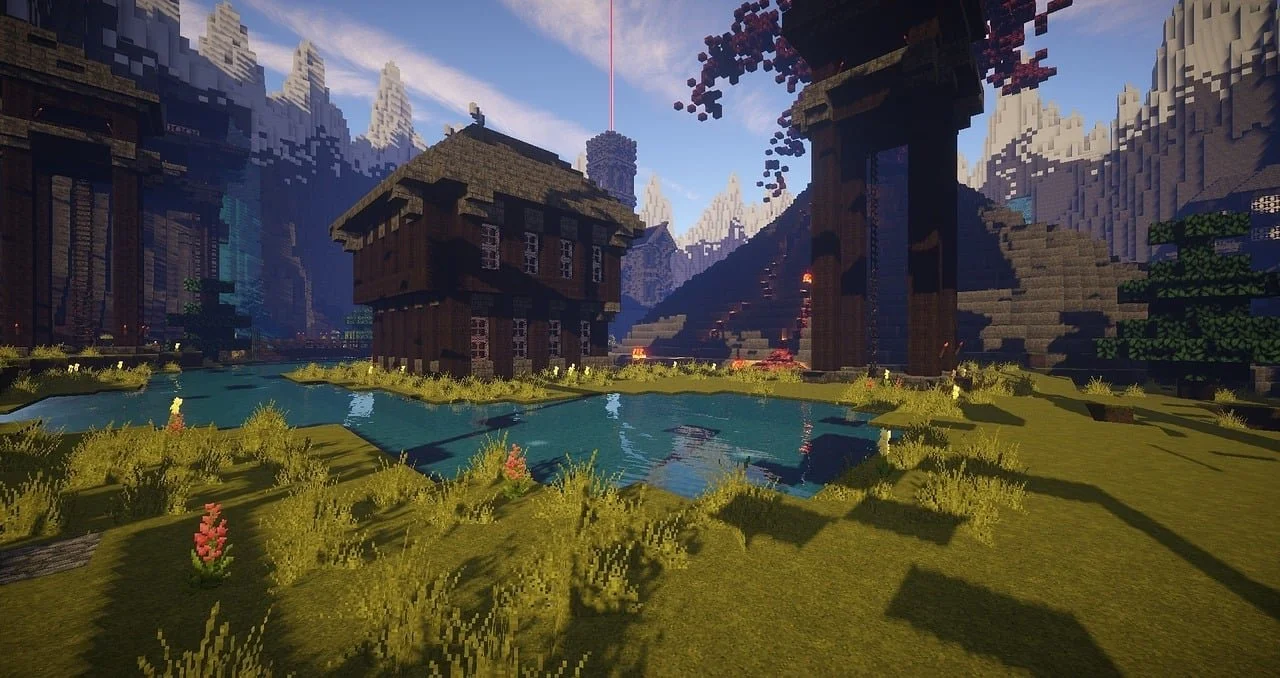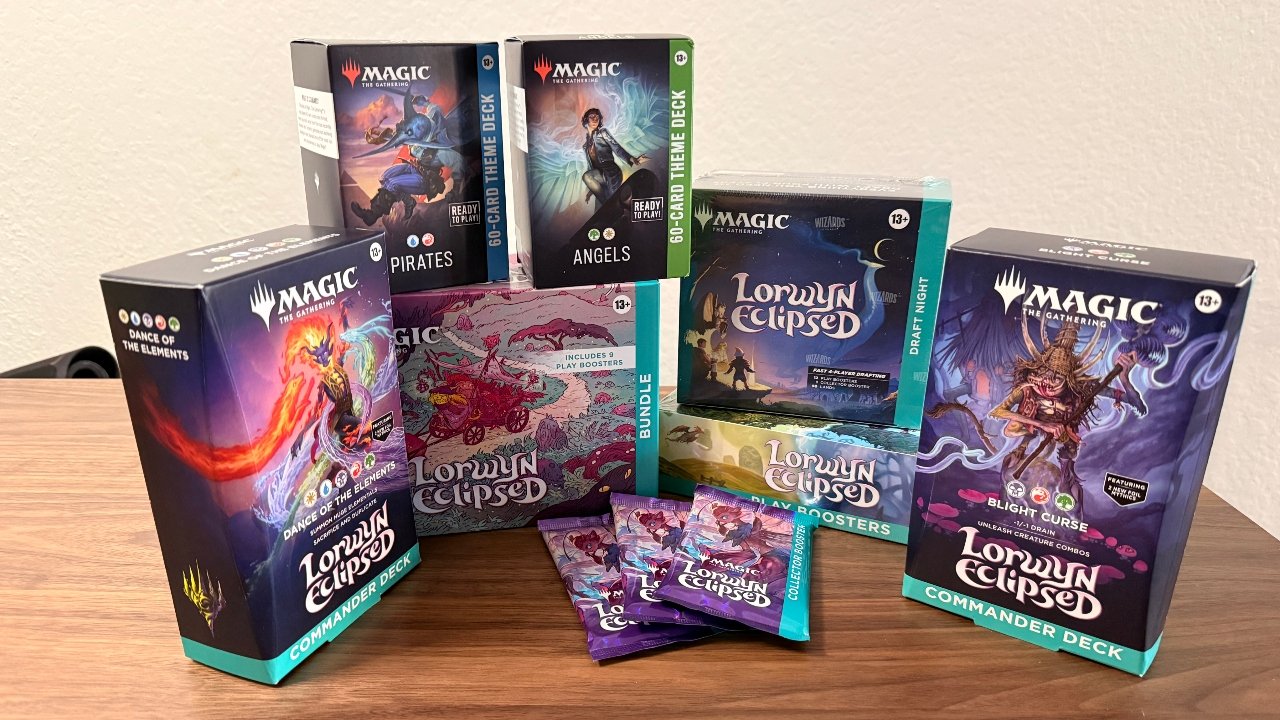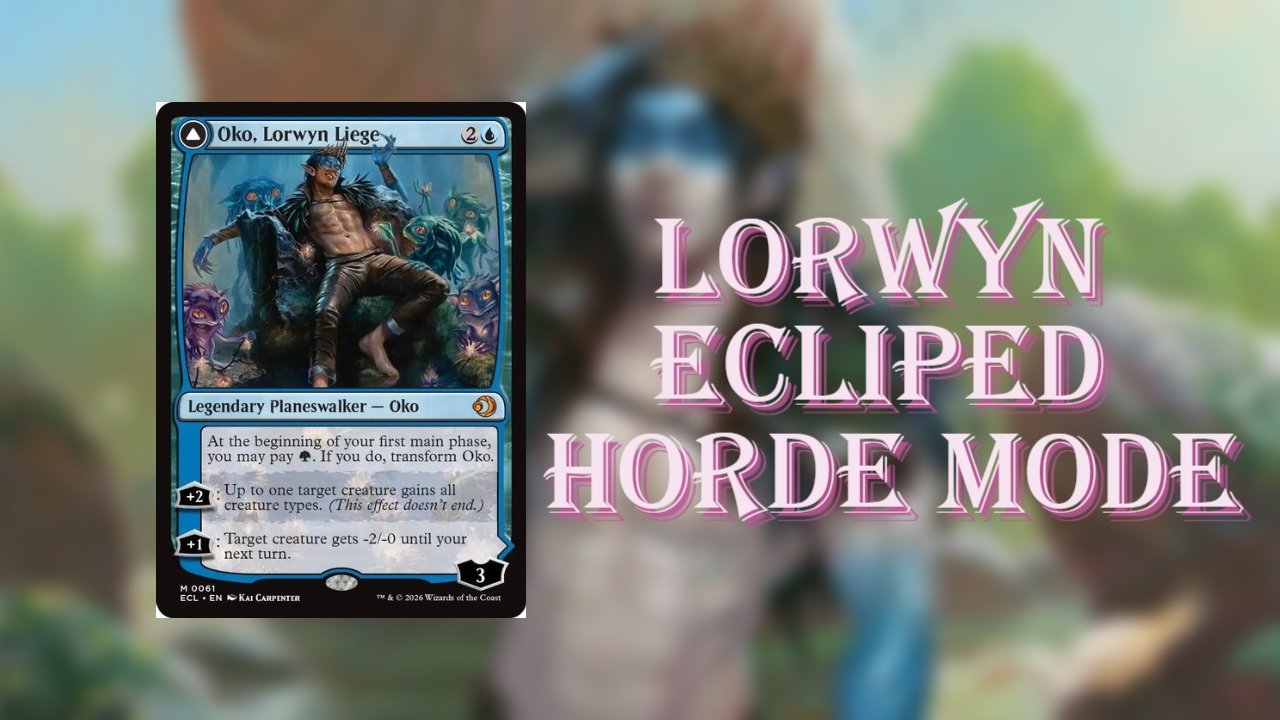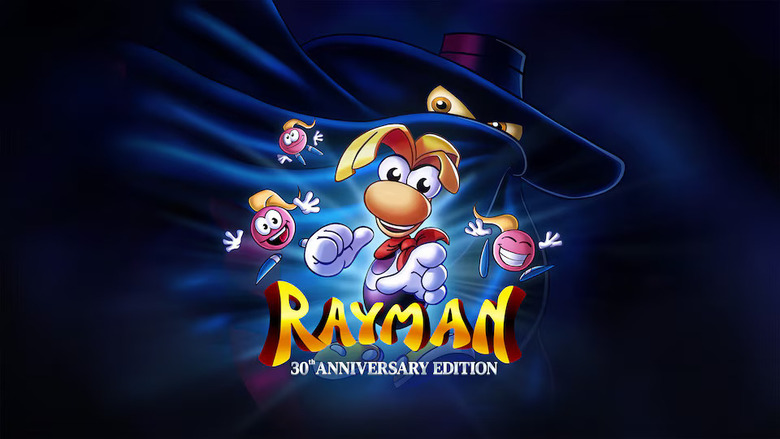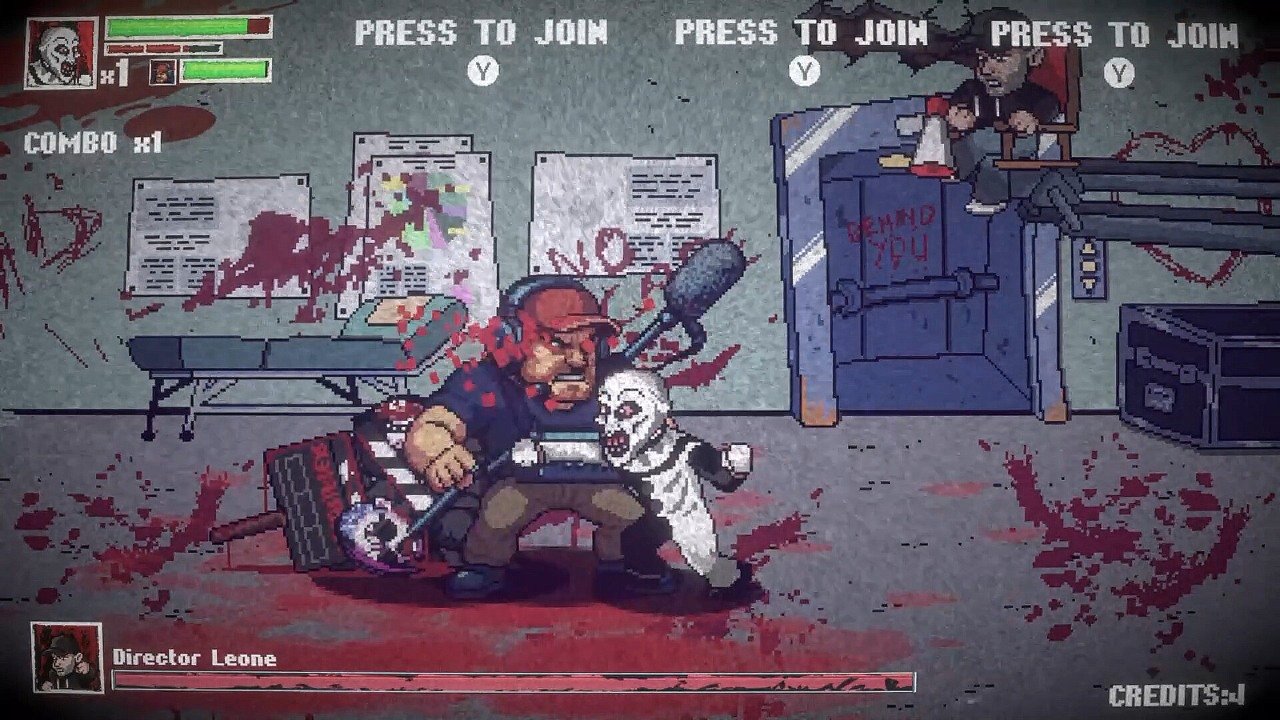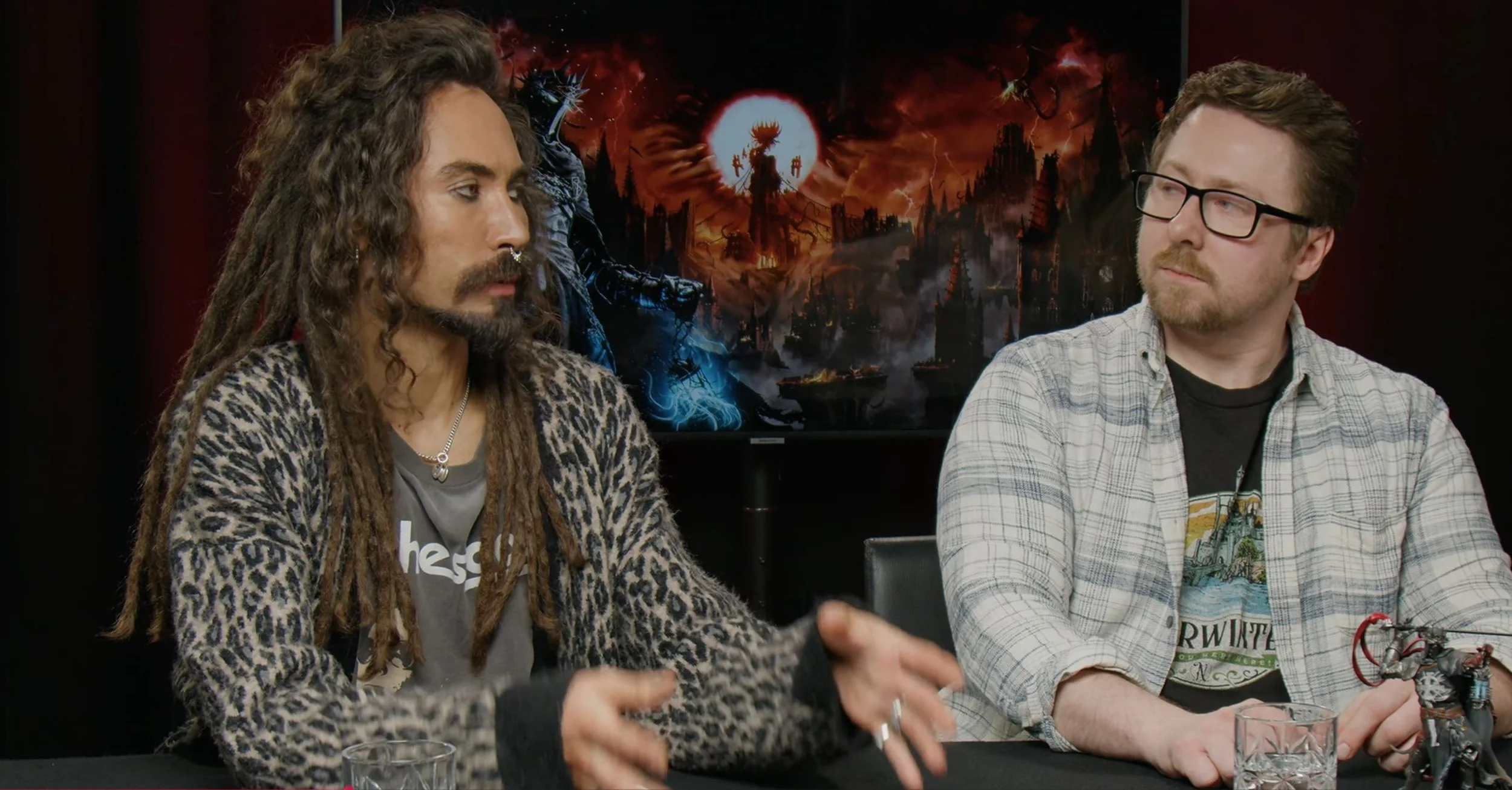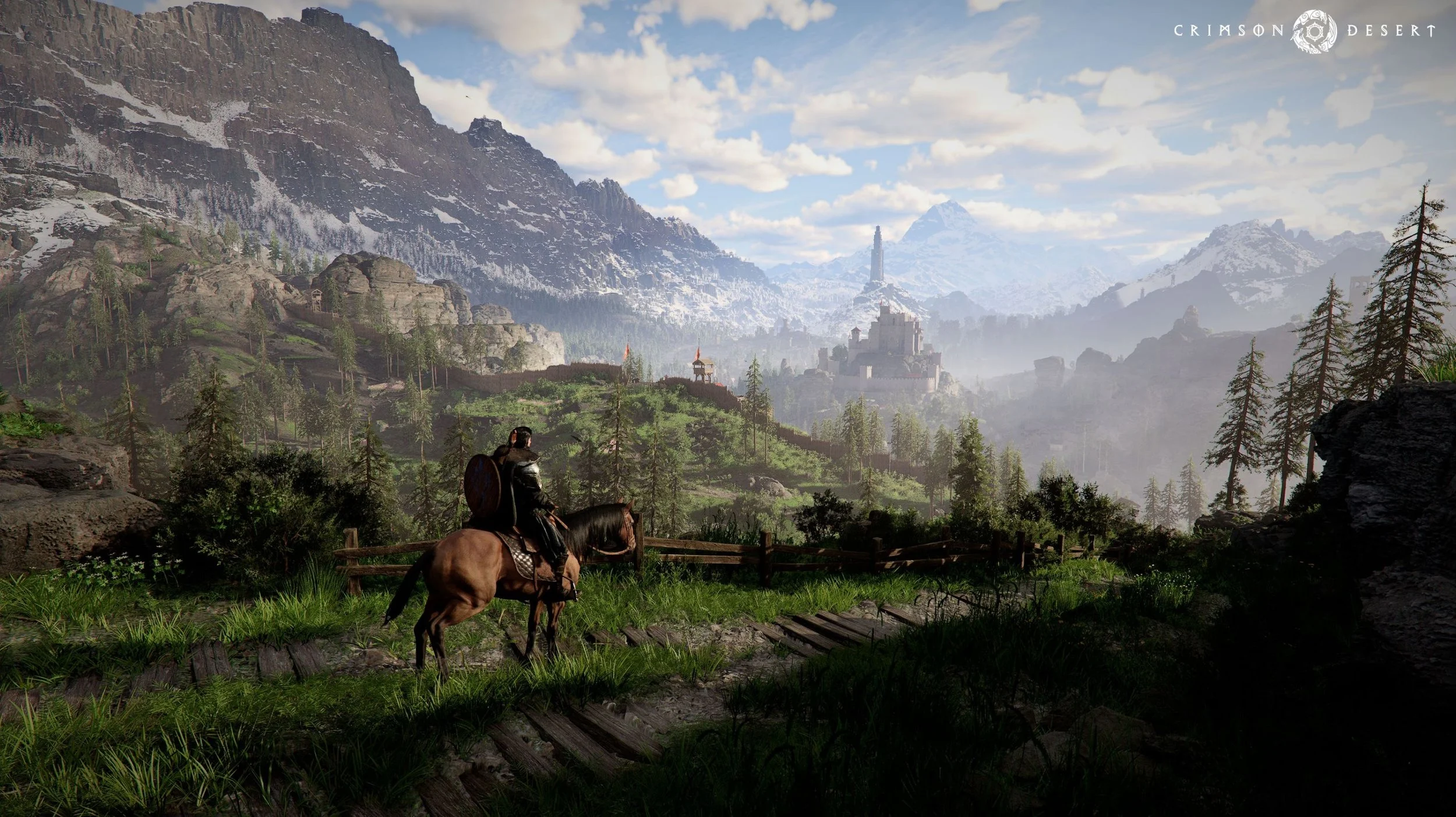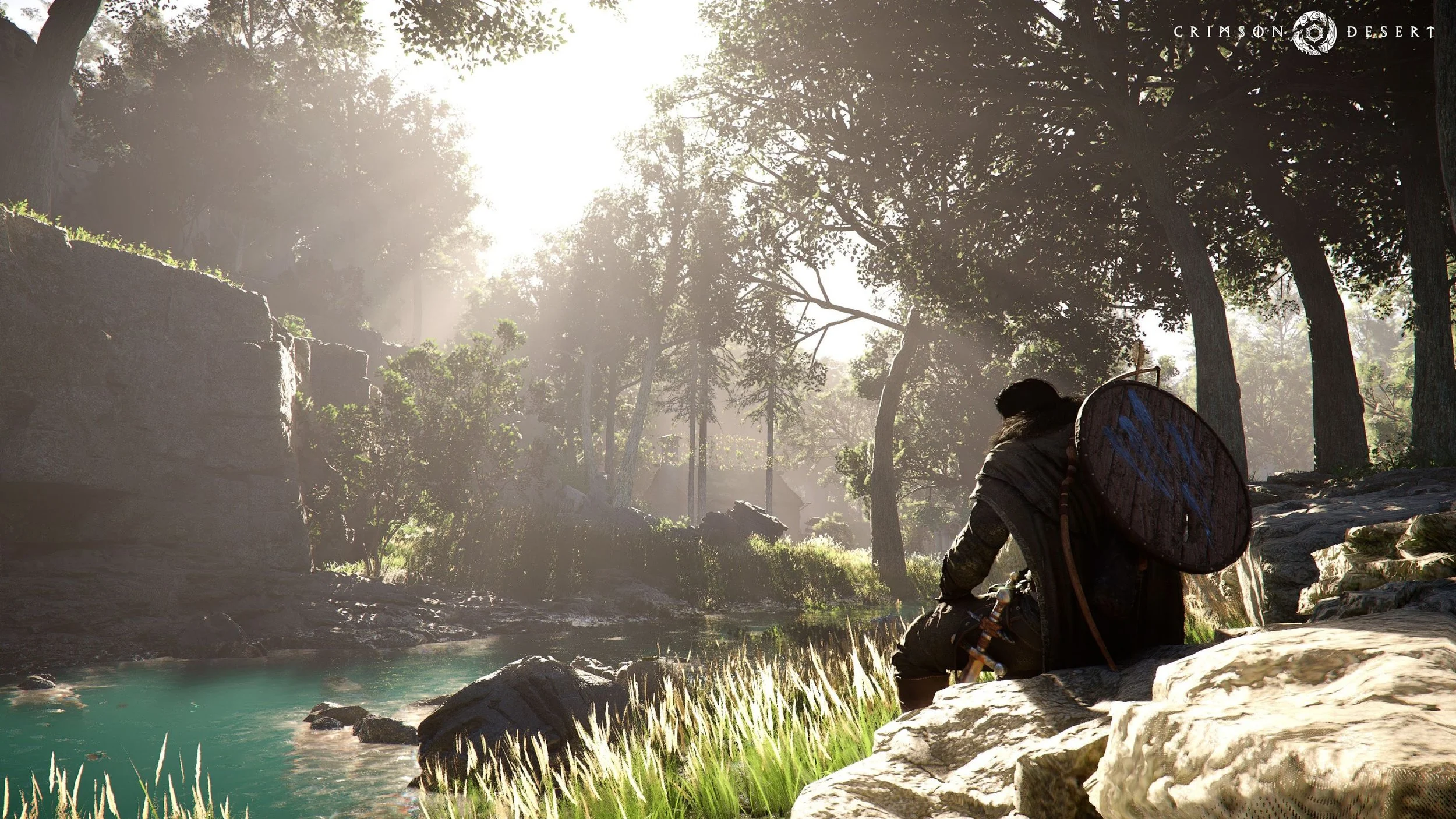Ravenage Games, founded in 2021, has quickly established itself as a dynamic indie publisher with a unique approach to its work. In an interview with Elena Morina, CEO and founder of the company, we discussed the key principles that help their team build healthy and effective relationships with independent developers. Elena also shared the tools that help Ravenage adhere to these principles.
Elena, could you tell us about Ravenage and the principles on which the company is built?
We are an indie publisher specializing in funding and publishing small game projects. Although the company was founded in 2021, the entire team already had extensive experience in the gaming industry, so we had a clear vision from the very beginning of what projects we wanted to work on and how we wanted to do it. We saw from prior experiences what developers were missing and accordingly made transparent communication our key principle. This way, we have built a small but transparent business — for the convenience of game developers.
The essence of our approach is that we work with game creators as colleagues and fully-fledged team members. We provide them with access to all project-related chats and documents, and we hold weekly calls to discuss both their current tasks and ours. It’s important for us that developers clearly understand what we’re doing and why. This allows them to properly plan all stages of the game's release, avoid unnecessary work, and meet deadlines effectively.
Another advantage of transparency — perhaps the most important one — is the ability to avoid frustration and disappointment for all parties involved. As I mentioned, we work with indie games and independent developers, and among this group only a relatively small percentage of projects become successful. At the same time, game creators are often very ambitious and confident in their success. As you can imagine, these factors can lead to significant disappointment if the outcome is below expectations. However, when a developer has been involved in the process from the start, has seen everything we’ve done as part of the publishing effort, and has received feedback from the press and bloggers at different stages, they have fewer questions and more realistic expectations. Moreover, our work with the press is not just about sending out a press release but obtaining qualified and qualitative feedback. When a developer sees such feedback early on, they can make adjustments to their game and improve it.
Our developers are also fully aware of all the expenses involved in releasing their game, right down to the specific amounts spent on each task. We’ve seen game creators sign contracts with publishers, hand over their game, and then see no work being done on it for half a year, or after its release, struggle to find out how much it earned. This is still not uncommon in the market, and it can be quite demotivating, undermining mutual trust and hindering the process of development.
We believe that our approach makes the market healthier and more transparent: people understand how processes work and what they can realistically expect.
Your website also lists decision-making speed as a key value. How are your processes structured in this regard?
On the one hand, we’ve opted for a short decision-making chain, and on the other, we’ve become really adept at working online. We can provide feedback on the games we receive immediately. This primarily applies to negative responses because the first five slides of a pitch usually make it clear whether the game is a good fit for us. Lately, we’ve been focusing on replayable and addictive games, like Heretic’s Fork, for example, and we immediately let developers know if a project is too far from what we’re looking for.
When we like a game, we don’t delay and quickly request additional information. In terms of work processes, it’s normal for us that someone might write in the work chat at 2 a.m. just to not lose track of a thought, and they often get an immediate response or someone makes a note to think about it later. However, we have agreed not to expect responses outside working hours, but since the team is interested in what we’re doing, it often happens that I receive a new game pitch at night, play it immediately, and share it in our chat, and someone reacts right away.
This brings us to another of our principles — a passion for games, a true obsession. With every game we work on, there are people on our team who are truly passionate about it. We’ve all been in this business for a long time and are used to reviewing 500-600 games a week — so it might seem like we’ve seen it all. But then a game comes along that you just can’t tear yourself away from, and you end up playing it for 100 or 200 hours. That’s how it was with Heretic’s Fork and with Megaloot, which was released on August 30th and managed to get more than 6,8K PCCU. In short, we’re all very enthusiastic and committed to gaming.
In less than three years, with a small team, you’ve released over fifteen games — clearly, this wouldn’t be possible without streamlined and efficient processes. Could you share what tools help you organize your work this way?
The tools we use are determined by our values and approaches. So, if we’re focused on fast and transparent processes, we need efficient messengers and documents with remote access. But since Ravenage is a boutique publisher with a small team and resources, we didn’t develop our own software; instead, we chose the best of the ready-made and well-known solutions. From the start, I was confident that with the right approach, their functionality could be made to meet our needs.
Like many others, we use Slack as our primary corporate messenger — it’s convenient and allows us to invite guests. For us, it has become the main communication channel because our team is widely distributed, and the developers we work with are scattered around the world.
Our task tracker is Jira. It’s convenient, customizable, and has many plugins to suit any needs. I think small teams can choose something simpler, but considering growth prospects, it makes sense to start with a functional tracker. We initially started with a small task tracker but later realized that our needs had grown, and the transition was unpleasant.
And of course, we use the full range of Google Workspace products and Google Drive with different levels of access for storing files and documents.
All this allows us to effectively share information, and when both sides have it, there are fewer reasons for misunderstandings and misinterpretations. Developers see the same document that we do, understand the stage their project is at, how much it costs, and what’s coming next.
Tell us more about how your financial and knowledge base management works.
Our most important tool for financial management is the P&L document, where everything is tracked: expenses, income, taxes, salaries, and projects. Moreover, it’s not just about financial accounting but also a repository for important company documents: contracts, salary grades, bonus criteria, and more. I’ve prepared a document template that can be copied and used as desired.
It has a wide range of functionalities that allow you to work in different currencies, reconcile balances, store scanned payment documents, generate summary reports, and so on. We reviewed over 50 financial accounting systems and didn’t find anything better or more convenient.
All our knowledge base is stored in the Staff document, which has links to documents and folders that the whole team occasionally uses. For us, this document has become the entry point to any documents across all of the company’s departments.
As I mentioned earlier, effective work requires consistency and adherence to established processes. This is very important in our company, especially regarding communication and document management. We simply can’t afford to waste time and resources on inefficient processes. In general, much of my work as CEO is about providing a talented team with the optimal set of tools and practices to achieve results.
Why did you choose Jira over other task trackers, and how has this decision affected your team’s work?
I came into publishing from development and am used to proper processes when there is a large volume of tasks that tend to get lost in the flow. In this sense, working with an experienced team has a big advantage — everyone already knows what works and what doesn’t. So, in Jira, we immediately set up the necessary task workflows by department, necessary boards, and fields.
We have a well-developed project review scheme there: several boards with different statuses, and all the games that come to our email are automatically uploaded to the appropriate board. You can see all the stages of work there, which allows us not to lose projects and quickly find what we need — this is important because quite often we receive repeat submissions from developers who have refined or tweaked their game, or just decided to try again. So, Jira has become a data repository for the vast number of projects that have passed through us over the past three years.
Finally, what technologies do you think will be most in demand in publishing over the next few years?
I anticipate deeper integration between AI and collaborative workspaces. AI is already being actively used in publishing for sorting massive amounts of data, and it's clear that this is a significant trend, and its application will expand.
The functionality of task trackers will grow — during the pandemic, their role sharply increased along with the number of distributed teams, and everything related to team synchronization will be in demand in the future. As will anything that simplifies such work.
And finally, I personally miss an online equivalent of the old Microsoft Access product — the ability to quickly create a simple database with interfaces online would be very useful.






